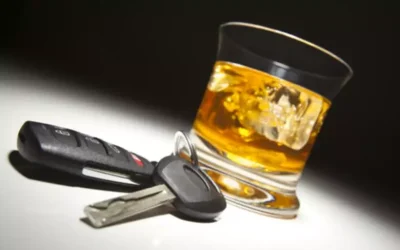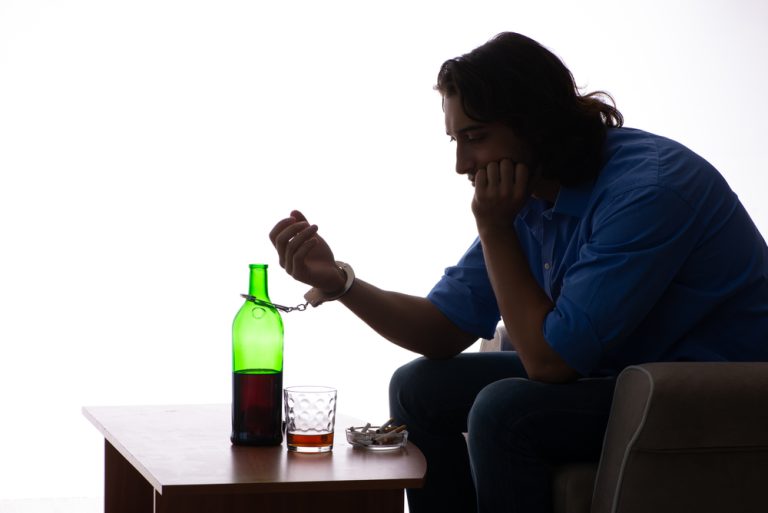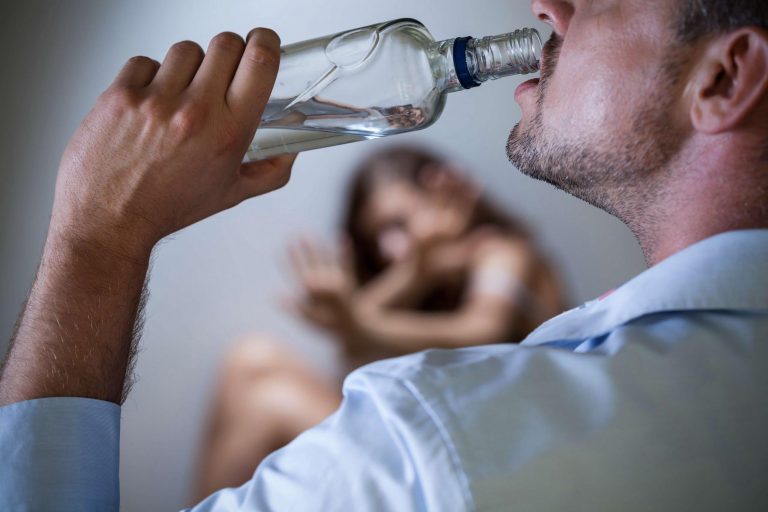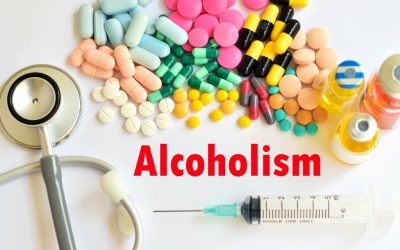Consult your healthcare provider for a complete list of side effects. If you have trouble avoiding alcohol, consult a healthcare provider or licensed therapist. This article will explore the effects of combining alcohol and antidepressants like Zoloft.
- This interaction was shown in studies of the two drugs in a lab but not in studies of people.
- If you find it difficult to avoid drinking, you should reach out to your provider for guidance.
- If you or someone you know are having suicidal thoughts, dial 988 to contact the 988 Suicide & Crisis Lifeline and connect with a trained counselor.
- Drinking alcohol can have these effects on your brain whether you take medication or not.
Another similar group of antidepressants called serotonin-norepinephrine reuptake inhibitors (SNRIs) interact with SSRIs (including Zoloft). Zoloft is a type of antidepressant called a selective serotonin reuptake inhibitor (SSRI). Alcohol can also temporarily boost the amount of serotonin in the brain. Consuming alcohol while taking antidepressants can lead to very high serotonin levels. It is intended for general informational purposes and is not meant to be a substitute for professional medical advice, diagnosis, or treatment.
But when you take medications that also affect how the brain works, such as Zoloft, drinking can complicate the effects. If you took Zoloft out of habit after a night of drinking, ask a loved one to monitor your condition. Some individuals may not experience side effects if only a small amount crack cocaine symptoms and warning signs of alcohol was consumed. If you consumed a large amount of alcohol, feel suicidal, or experience severe side effects, get emergency medical help right away. If this medication isn’t working for you, discuss your options with a healthcare provider to find the best treatment possible.
One drug commonly used to treat depression is sertraline (Zoloft). If you’re prescribed Zoloft and are taking Xanax, let your doctor know. But your doctor will likely want you to watch for changes in coordination, confusion, or other symptoms that affect your thinking or physical movement.
Association with alcohol dependence
If you’re prescribed Zoloft and also take Wellbutrin, make sure your doctor knows this. Wellbutrin and Zoloft are both antidepressants, but Wellbutrin works differently than Zoloft. Plus, in addition to treating depression, Wellbutrin is also used to treat seasonal affective disorder (SAD).
If you find it difficult to avoid drinking, you should reach out to your provider for guidance. Consider behavioral therapies to learn about coping with stress without using alcohol, or seek out support groups. The combination of alcohol and Zoloft can cause side effects, and drinking alcohol can make your depression worse. In fact, if you have depression, your doctor will likely tell you not to drink alcohol even if you don’t take Zoloft. Zoloft is a prescription drug that belongs to a class of antidepressants called selective serotonin reuptake inhibitors (SSRIs). Like other SSRIs, this medication works by changing how your brain cells reabsorb the neurotransmitter serotonin.
Furthermore, mixing alcohol and Zoloft can lead to trouble reacting and thinking clearly. For SSRIs like Zoloft, alcohol can enhance these side effects further. It’s important to understand the risks before starting treatment.
Does Zoloft interact with food?
Always seek the advice of your physician or other qualified health provider with any questions you may have regarding a medical condition. If you think you may have john carter author at sober home a medical emergency, immediately call your physician or dial 911. Limited research exists on how drinking small amounts of alcohol with Zoloft will affect you.
We’ll also explain the impact alcohol can have on your depression with or without medication. Taking Zoloft exactly as prescribed can also help prevent interactions. If you have trouble reading or understanding this information, your doctor or pharmacist can help. If you’re calling on behalf of someone else, stay with them until help arrives.
If you’re taking Zoloft and need to undergo a urine test that checks for benzodiazepines, talk with your doctor. They can order other lab tests that check for these drugs and don’t interact with Zoloft. Zoloft may interact with urine screens that check for drugs called benzodiazepines, such as alprazolam (Xanax).
The prescribing information explains that Zoloft can make you sleepy, affect decision making, and impair reaction time. Several factors can contribute to depression, including brain chemistry imbalance, genetics, life events, and negative thought patterns. However, drinking alcohol can exacerbate symptoms of depression. Drinking alcohol can have these effects on your brain whether you take medication or not.
When a person has both in their system, these effects increase, which may lead to accidents and injuries. Drinking alcohol while taking antidepressants can enhance the above side effects and cause additional reactions. Moreover, alcohol dextromethorphan abuse can negatively affect how antidepressants work. Drinking alcohol can make the antidepressants less effective and interfere with treatment. For people with depression and other mental health issues, medication can offer welcome relief.
What are the effects?
Keep reading to learn about Zoloft’s possible interactions. And for more information about Zoloft, including details about its uses, see this article. If you or someone you know is having thoughts of suicide, a prevention hotline can help. The 988 Suicide and Crisis Lifeline is available 24 hours a day at 988. During a crisis, people who are hard of hearing can use their preferred relay service or dial 711 then 988.
For this reason, you should avoid drinking alcohol while using Zoloft. Even if you take Zoloft for a condition other than depression, it still may not be safe for you to drink alcohol. You may still have the risk of increased depression from alcohol. This is because depression is a common symptom of other related health problems, such as OCD and PTSD, that Zoloft treats. Taking more than one drug at a time can increase your risk of negative interactions. In this case, alcohol can make the side effects of Zoloft worse.
This interaction was shown in studies of the two drugs in a lab but not in studies of people. So it’s not known what effects, if any, this interaction has in people taking these drugs together. Certain medical conditions or other health factors may raise the risk of interactions with Zoloft. Before taking Zoloft, talk with your doctor about your health history. If you have symptoms of serotonin syndrome while taking Zoloft, seek emergency medical attention right away.





